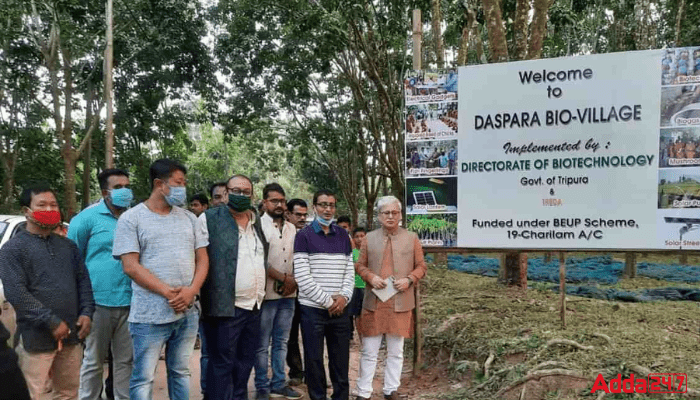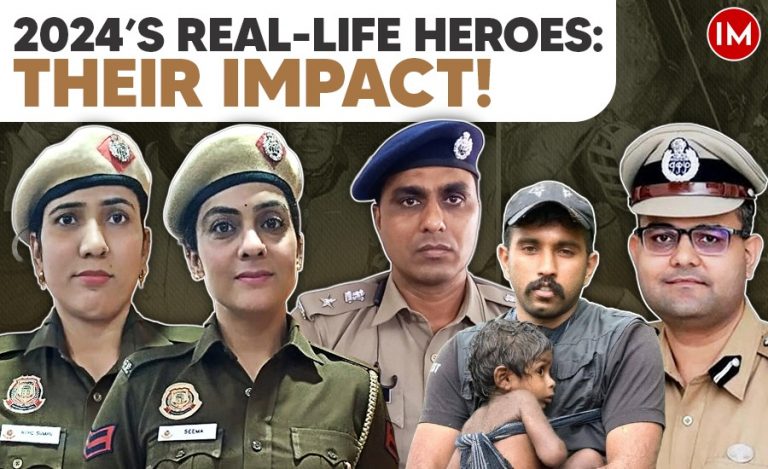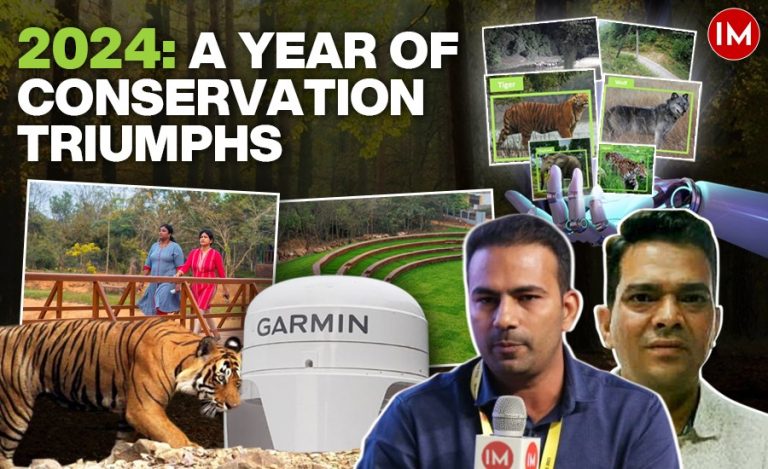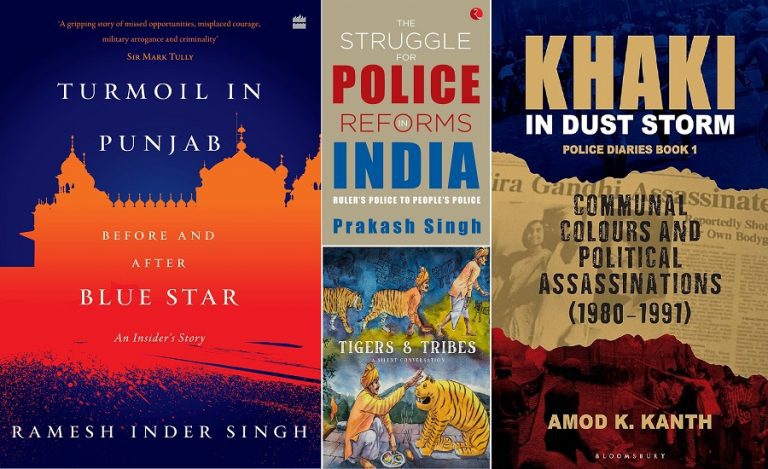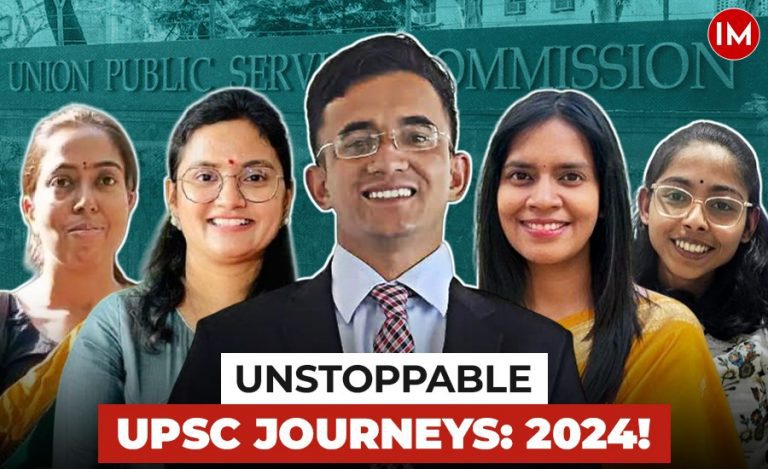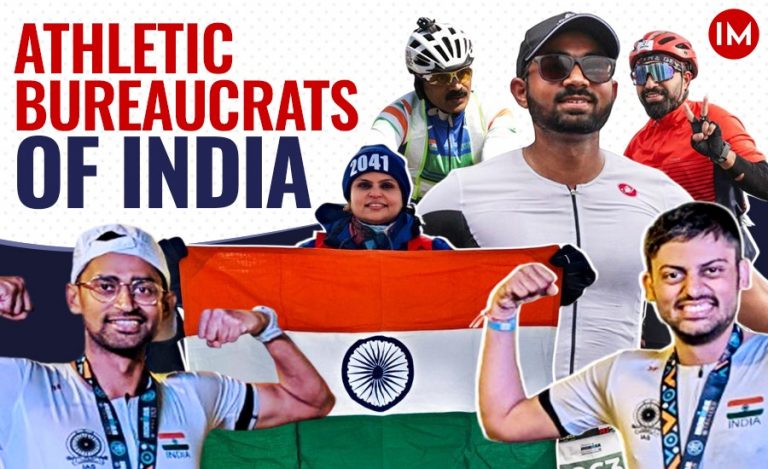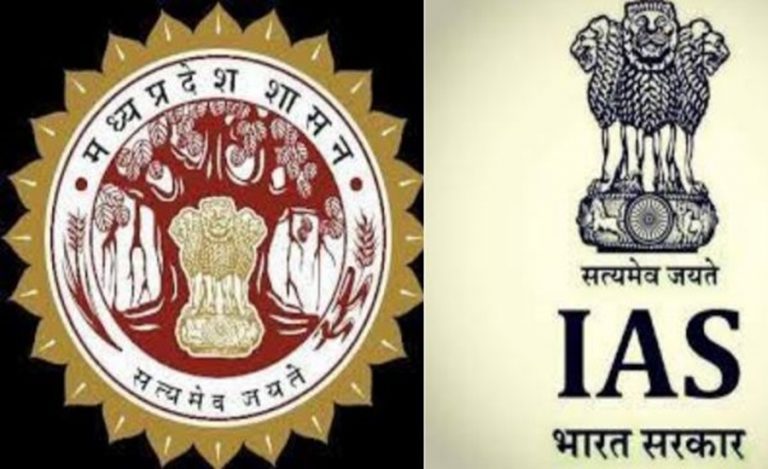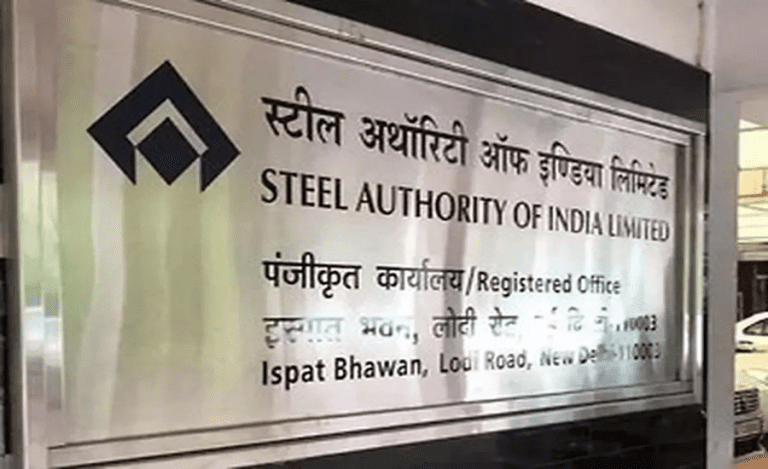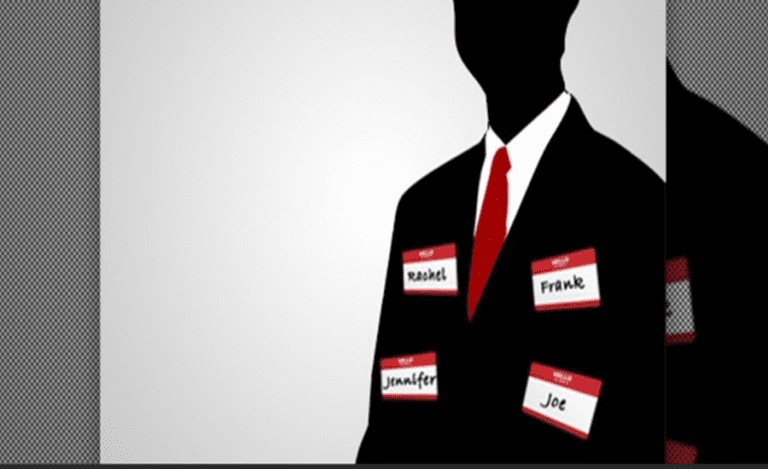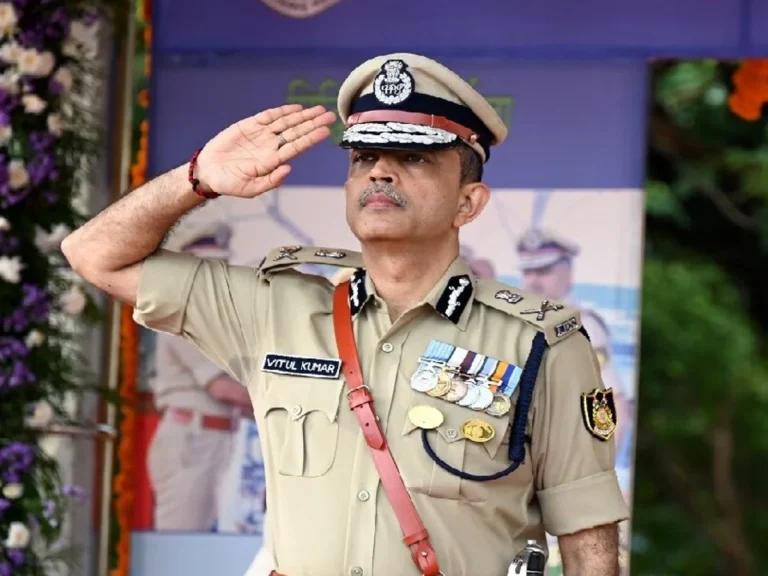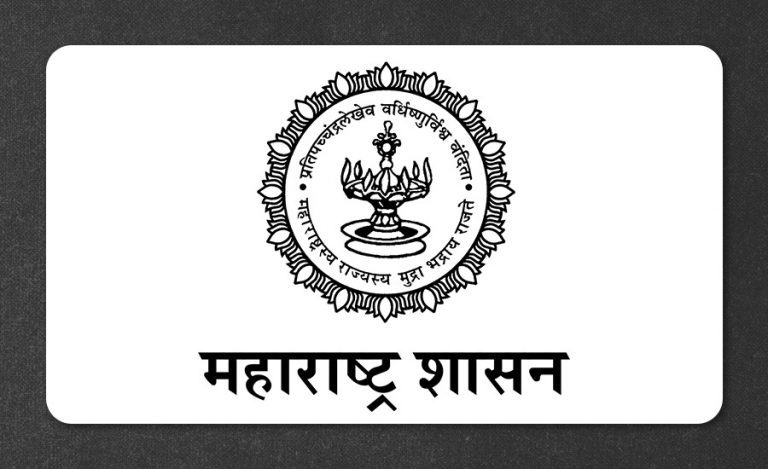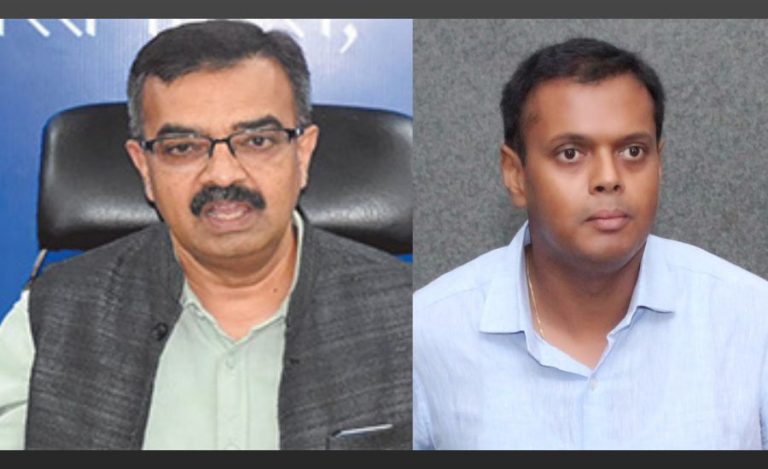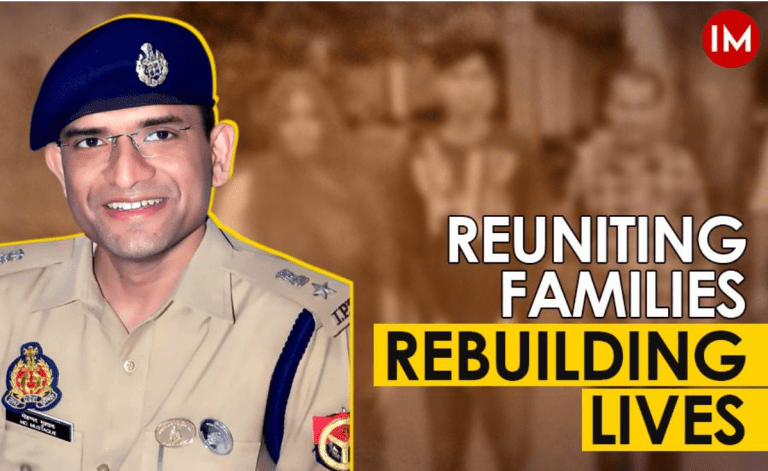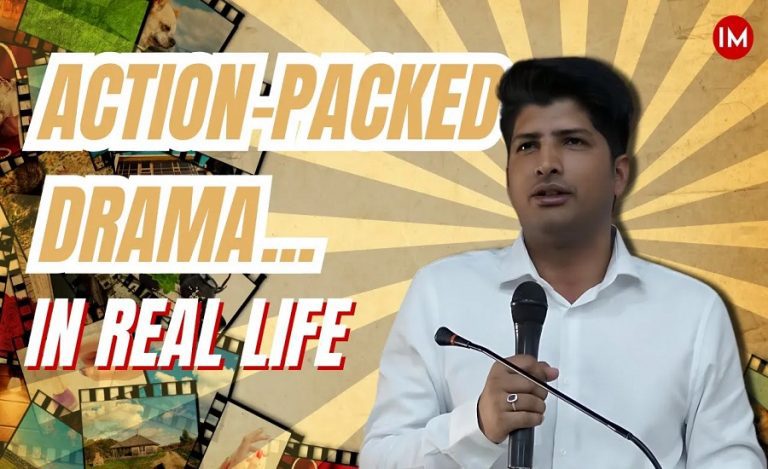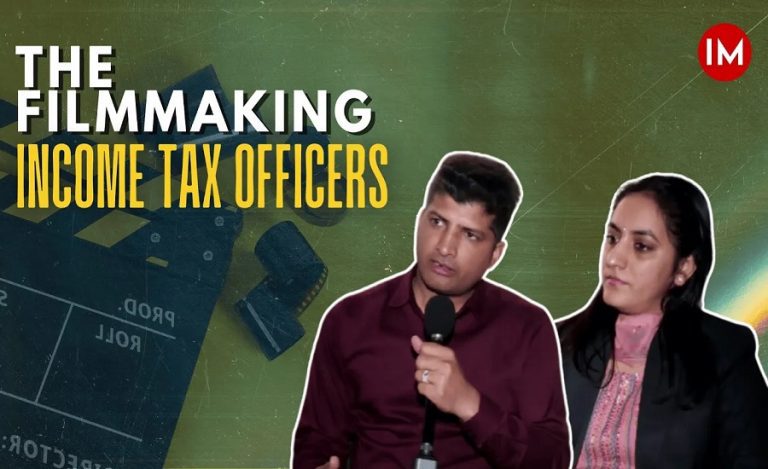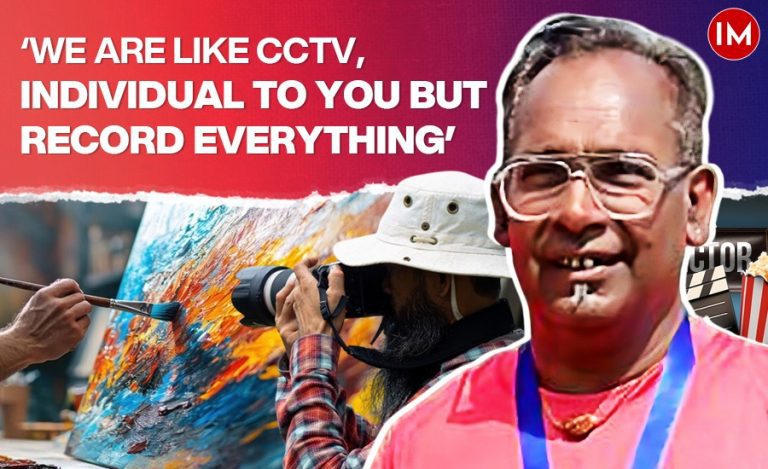Former Director General of Police of Jammu and Kashmir, Mr. Shesh Paul Vaid, was known as a tough police officer, so tough that even a pellet in his skull could not break him. In 1999, when he was DIG in Baramulla range, his bullet-proof car was attacked by terrorists with universal machine guns which could pierce bullet-proof glass, instead of AK-47s. He was seriously injured and a pellet was lodged in his skull. However, this didn’t stop him. He started working from his hospital bed, turning it into a makeshift office from where he gave orders to his juniors, telling them where and when to go to meet informers, and carry out raids.
This attack was the fourth one on him by terrorists. He had once famously told media that he always gets posted in the worst-affected districts, perhaps because the state administration had faith in his abilities. He is also credited with taking back control of the maximum security Kot Bhalwal prison from rioting prisoners who had resorted to violence because few terrorists were moved to another lock-up.
The officer lead the J&K Police with indomitable courage in the most difficult and serious situation post Burhan Wani killing when all hell had broken loose in 2016. He was also instrumental in starting Village Defence Committees (now known as VDG s) in 1995, and Operation All Out in 2017 along with Indian Army, CRPF and other CAPFs. The starting of Police Community Partnership Groups (PCPGs) in each police station, subdivision and district to improve police-public relations, was also his brainchild.
In an exclusive interview to Indian Masterminds, Mr. Shesh Paul Vaid, who has vast experiences of dealing with terrorism and communally sensitive situations, gave his personal views on the Nuh and Manipur situations, where the country has witnessed recent violent clashes between communities.
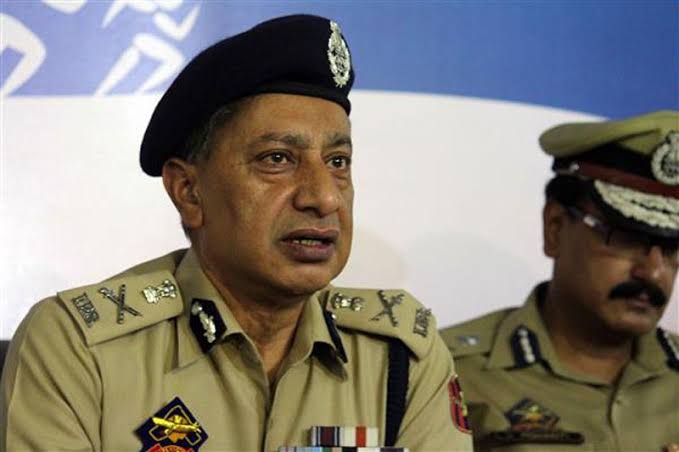
Have there been procedural lapses in the handling of the situation in Nuh?
Absolutely. I have no doubt about it. From few days before the riots, social media was filled with inflammatory posts. If there was apprehension of any clash, the procession should have been allowed on a different route. And, once permission was granted for the route, it was the responsibility of the administration to deploy policemen in sufficient strength to ensure there is no attack. Also, preventive arrests should have been made and all incriminating materials like stones, swords, firearms that were displayed on social media should have been seized. The administration also did not take action when the procession was attacked. They should have opened fire. The protocol in cases where you are dealing with normal law an order is to use minimum force, but in the case of communal riots, maximum force should be used to avoid larger damage to society. Both intelligence and administration should be made accountable for inaction.
What should be done for establishing accountability?
A high level enquiry should be ordered and whoever is found negligent in providing adequate protection and sufficient deployment of forces should be made accountable, whether it is the DM or the SP, or the Special Branch or the Intelligence Bureau. There has to be accountability for the precious lives that were lost, injuries to so many, and the damage of properties.
There have been media reports that there were local intelligence inputs about the possibility of violence. If no clear-cut instruction comes from the top, can the local police act on their own in such a situation?
I don’t think the police need instruction to take action in such a situation. Once they are alerted, it is their duty to ensure violent acts are not carried out. Everyone is answerable to law. Why should they wait for instruction?
Like you mentioned before, social media is filled with inflammatory posts which instigate people to resort to violence. How should police tackle this menace?
This is the biggest danger our country is facing. I get worried about where my country is heading. Police should immediately register suo moto cases against people who upload any kind of communal posts on social media and the courts should also not show any leniency towards them. In the case of Nuh, if the police had immediately arrested those that were spreading communal venom on social media, the riots could have been averted.
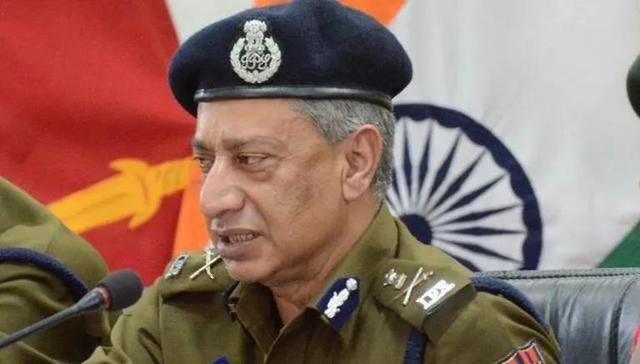
Riot is not new to our country. But, yet, we see police faltering time and again while tackling them. Is there a need for broader reforms in police?
There is an urgent need for reforms not only in police, but in all aspects of the criminal justice system. It’s high time the government of India and the highest court of the country thought about bringing in reforms. Crores of cases are pending in our courts. We must simplify the procedure of criminal cases and see that investigation is completed within one month and judgement comes within one year. Repeated adjournments should not be allowed.
But, is that really possible?
Why not? We must see what is causing delay and remove those impediments. In line with PM Modi’s development push, India is developing on all fronts. Why not in the police and judicial fronts also? The Justice Malimath Committee recommendations for police and criminal justice system reforms should be implemented in letter and spirit. Justice delayed is justice denied.
How do you view instant extra-judicial justice like bulldozing of houses, encounters, etc.?
I would rather want speedy investigation and speedy trials. All this is happening because criminals go scot-free and people do not get justice. Because of the failure of the criminal justice system. However, it is the duty of the police to follow proper procedures.
Are police in our country less proactive and more reactive?
Policing a complex country like India is a very, very tough and difficult job. Particularly with neighbours like Pakistan and China and international forces and people like George Soros pumping in money to fund situations like we have seen in Nuh and Manipur.
In both Nuh and Manipur, there have been allegations of some policemen’s complicity in the violence.
I would not like to comment on Manipur as I do not have much idea about the situation in the state. All I would say is that police persons come from the same society, so they also get affected. It is natural for their views to get coloured. But, the people at the higher level, like the police chief, range DIG, or SP, are expected to be neutral and have an independent opinion on crimes.
What do you think is the way forward to avoid such communal and ethnic violence?
The only way is to conduct fair investigation, carry out immediate arrests, and challan the criminals in court. Let the court decide after that. Police is also expected to be like a judge and be fair without any personal views and prejudices. They must go purely by scientific evidence.
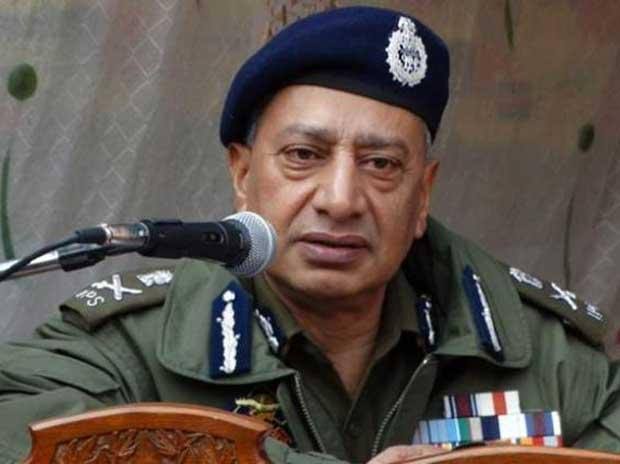
What about the polarisation in police person’s minds? Like the recent Jaipur-Mumbai train shooting by a man in uniform.
Polarisation is happening today because social media is being used to turn one community against another. So we need to have frequent training programmes for police persons to ensure that their fairness does not get coloured.
This is a hypothetical question. If you were to be the DGP of Haryana and Manipur, how would you have handled the situations?
No sparing of any criminal, irrespective of whether they are Meitei or Kuki in Manipur, or a Muslim or Hindu in Nuh. The aggressor has to be punished, not the victim. Victim has to be protected. You have to be very, very fair in your dealings but very, very strict in action, and proceed as per the law. But, one has to act on time! The Haryana Police is now doing a good job, they have registered several FIRs and made many arrests. But, I wish they had done this on the first day itself. That would have prevented the situation from escalating.
Recently IPS officer Prabhakar Chaudhary was in in news for being shunted out of Bareilly as SP, within 4-5 hours of taking action against some kanwariyas who were trying to take out a procession through an unauthorised route. Do you think this kind of action will demoralise police officers and prevent them from taking the right step?
Transfer is a prerogative of the state government. I think one should work as per one’s conscience and as per law. Don’t bother about transfer. At the most, you will be transferred to another post. But, continue with the good work wherever you go.


